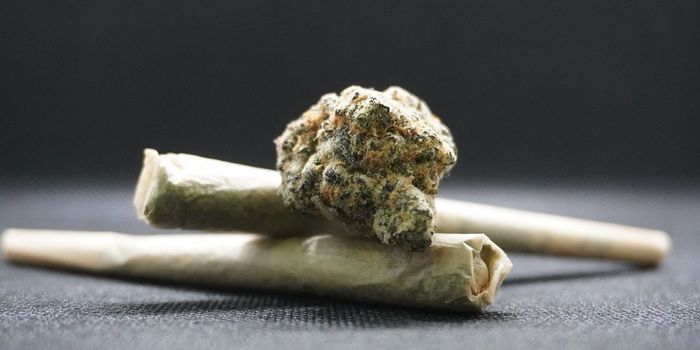WHO Recommends Against Artificial Sweeteners
The World Health Organization (WHO) has released a new guideline recommending against the use of non-sugar sweeteners (NSS) for weight loss.
The guideline is based on the results of a systematic review that found no benefits of using NSS for reducing body fat in adults or children. However, the review found that long-term consumption of NSS may lead to an increase in the risk of type 2 diabetes, cardiovascular disease, and mortality. Given the lack of benefits and the potential harm caused by NSS, avoiding them is recommended.
This recommendation applies to everyone except those who already have diabetes. For a healthy diet, the WHO recommends reducing sugar intake through other means, such as focusing on fruits and other foods with naturally occurring sugars. People may also reduce sugar intake by lowing the overall sweetness of their diet and seeking out foods and beverages with no added sugar. Added sugar is a major contributor to weight gain, which leads to worse overall health and an increased risk of cardiovascular disease.
NSS have no nutritional value and can include both synthetic and naturally occurring sweeteners. Low-calorie sugars and sugar alcohols, such as xylitol, are not considered NSS. Common examples of NSS include aspartame, saccharin, sucralose, and stevia.
The WHO guidelines noted that this recommendation is conditional because the results of the review could have been confounded by the baseline characteristics of the participants or the complicated use patterns of NSS. However, the fundamental dietary advice recommended is sound; reducing sugar intake and overall dietary sweetness can help control blood sugar and weight, both of which are essential for heart health and overall wellbeing.
Sources: WHO, Johns Hopkins








